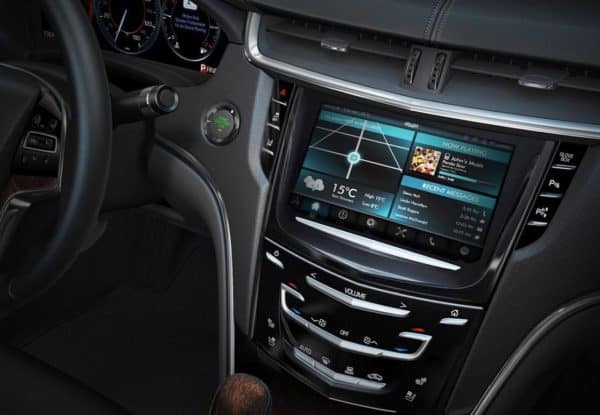

The connected cars space, which Gartner says will grow almost 21 times as fast as mobile voice and data services, is going to be lucrative for someone. But how should investors approach it? As it turns out; with caution.
Connected cars right now are on the difficult part of the “S Curve” of adoption. Pretty much everyone thinks they are already here and already reliable, but they aren’t and it appears they might not be for some time.
Everyone knows the worst of these stories, from Apple Maps glitches that might send drivers off the Brooklyn bridge, to feature-creeping infotainment systems that could have drivers pining for the days of manual roll down windows to heave them out of.
But the real problem for connected cars is much bigger than this. It’s the fact that, increasingly, cars are computers. And computers can be hacked.
“The software operating a modern car may have a hundred million lines of code in its software – more than a modern fighter jet, airliner, or operating system such as Windows or Mac OS,” says security expert Eugene Kaspersky. “With so much code, the likelihood that it has bugs and vulnerabilities is very high – even if the software engineers made security a priority when developing it, which is not always the case.”
Drivers have come to expect reliability from their cars, and indeed, they have become supremely well built. The average age of a car on the road reached a record 11.4 years in 2013 and has remained there since.
What happens to the expectation of reliability when cars stop behaving less like pieces of industrial machinery and more like the computers they are increasingly are?
But what happens to the expectation of reliability when cars stop behaving less like pieces of industrial machinery and more like the computers they are increasingly are? The “blue screen of death” might take a chilling turn for the real if it happens in the middle of the desert in Arizona, or in -30 degree weather in Saskatchewan.
BlackBerry today announced that it is demonstrating an over-the-air update solution at the TU-Automotive show in Detroit. The company says this feature will reduce the amount of hardware required on board a car and will update it with new features for its entire lifespan.
The real interesting part of the equation, however, is whether Blackberry can do this securely. CEO John Chen knows security is its prime draw in the world of mobile devices, but delivering fail safe updates to cars could be a game changer that could extend to the entirety of the Internet of Things space.
Last year, the Guardian reported that the connected car space was a three way race between Google, Apple and Microsoft.
But in the time since, Apple’s offering, CarPlay, has been called “wonky” and has been derided for requiring a physical cable connection.
Google’s Open Automotive Alliance initiative, which is partnered with Audi, GM, and Honda is simply short on details on comes on the heels of a “lukewarm entry” into the TV space with Google TV.
As for Microsoft, in December of last year, Ford said it would be replacing the glitchy Microsoft Auto with BlackBerry’s QNX. The American auto giant joins Porsche, BMW, Saab, Audi and Acura as QNX converts.
This three horse race clearly has room for a fourth, and under aggressive new leader John Chen, BlackBerry is smelling an opportunity.
In May of last year, Chen hinted at “a major play in the M2M space” that turned out to be BlackBerry Technology Solutions, which incorporates the company’s QNX division, security software company Certicom, Paratek antenna tuning technology and an approximately 44,000-strong patent portfolio, along with the blue-sky Internet of Things lab called Project Ion.
In Detroit today, that division was talking auto security.
“Offering over-the-air updates to automakers is a core capability of our IoT platform, and BlackBerry is doing it with the gold-standard security that the auto industry demands,” said Senior Director of Business Development for IoT, BlackBerry Technology Solutions Steve West, . “Our infrastructure provides automakers with a hosted, global solution, built from years of technology and deployment know-how, that can lower costs and help them get to market faster. BlackBerry offers a unique combination of security, reliability, and scalability, and we have proven results, delivering tens of millions of updates per year in over 100 countries.”
Below: “Inside the QNX cars at CES 2014”
Comment
Leave a Reply
You must be logged in to post a comment.






 Share
Share Tweet
Tweet Share
Share




How can this be a three way race without BlackBerry who has 50% of the infotainment market?
Epic connected cars: https://youtu.be/6XOoAs-K8aU